
Israeli Prime Minister and leader of the Likud party Benjamin Netanyahu speaks during a visit at the Mahane Yehuda Market as part of his elections campaign in Jerusalem
Credit: ABIR SULTAN/EPA-EFE/Shutterstock/ABIR SULTAN/EPA-EFE/Shutterstock
Israelis returned to the polls on Tuesday for the fourth election in two years, as prime minister Benjamin Netanyahu seeks victory on the back of his high-speed vaccines drive and normalisation deals with Arab states.
Mr Netanyahu, the leader of the right-wing Likud party, is leading in the polls but is projected to fall short of the 61 seats needed in the Knesset, the Israeli parliament, for a majority.
He is likely to need support from right-wing rivals and ultra-orthodox parties to clear the threshold, though he also faces stiff competition from centrist leader Yair Lapid of the Yesh Atid party.
Pollsters suspect that Tuesday’s vote will not resolve the deadlock, raising the wearisome prospect of a fifth election in the summer.
"The question is whether there can be some sort of determining result that gives either side — the pro-Netanyahu parties or the parties that are trying to form a coalition without Netanyahu — a clear enough advantage," said Dahlia Scheindlin, a political analyst and pollster.
"At present, it doesn’t look like either side has sufficient votes to reach a decisive answer."
With more than 50 per cent of the population fully vaccinated, Mr Netanyahu hopes that grateful Israelis will flock to the election booths to back Likud.
The latest polls predict that Likud will win around 30 seats, compared to around 20 seats for his main centrist opponent, Yair Lapid.
If Mr Netanyahu manages to unite right-wing and ultra-orthodox allies, the 71-year-old prime minister may find around 80 seats which would allow him to form a government.
However, during more than a decade in power, the prime minister has alienated some allies who have since founded breakaway right-wing movements.
They include Naftali Bennett, a former Netanyahu protegé and head of the Yamina party, and Gideon Sa’ar, the leader of new party New Hope. They are each projected to secure around 10 seats each.
While Mr Sa’ar has ruled out serving in a Netanyahu government, Mr Bennett has left the door open to a future alliance, making his Yamina party a potential kingmaker.

A man cycles across a street near electoral billboards of the Israeli Likud party showing, from right, its leader Benjamin Netanyahu giving two thumbs up with text in Hebrew reading "returning to smile"; and another showing Netanyahu next to his opponent Yair Lapid with text reading "next Prime Minister: Lapid or Netanyahu
Credit: AFP/AFP
The polling suggests that Israel faces either a new, right-wing coalition under Likud or an “anti-Netanyahu” government formed by his opponents across the political spectrum — though they remain bitterly divided.
The third scenario of a fifth election is hugely unpopular among Israelis, which may spur political leaders towards a compromise in coalition talks that are expected to last for several weeks.
During the campaign, Mr Netanyahu has courted Arab voters and flirted with the extreme-Right movement Religious Zionism.
The Religious Zionism list includes Itamar Ben-Gvir, who has voiced admiration for the mass-murderer of 29 Palestinian worshippers in Hebron in 1994, Baruch Goldstein. Even senior Likud member and energy minister Yuval Steinitz has said it would be improper to sit with Ben-Gvir.
But if Religious Zionism crosses the 3.25 percent support threshold and joins parliament, Mr Netanyahu may need to align with extremists to form a government.
Even if he emerges as the victor, Mr Netanyahu would be grappling with an ongoing corruption trial and the departure of Donald Trump, a close ally, from the White House.
The new administration led by Democrat Joe Biden has signalled a tougher stance on Palestinian issues, such as opposing the expansion of Israeli settlements in the West Bank.

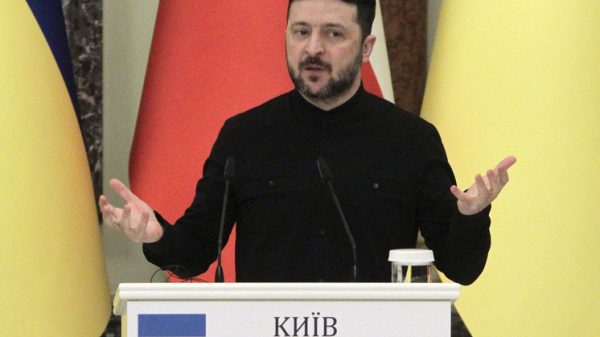

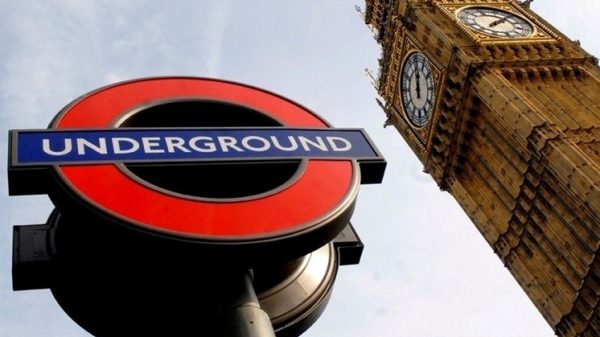




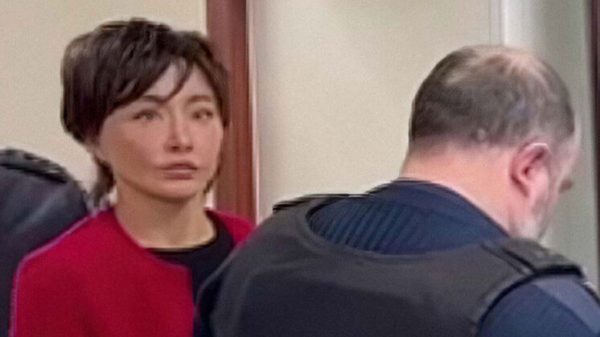


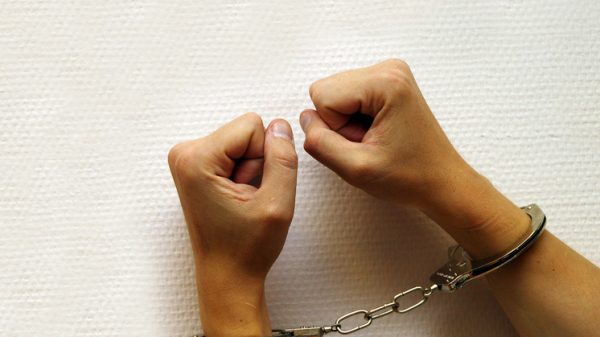
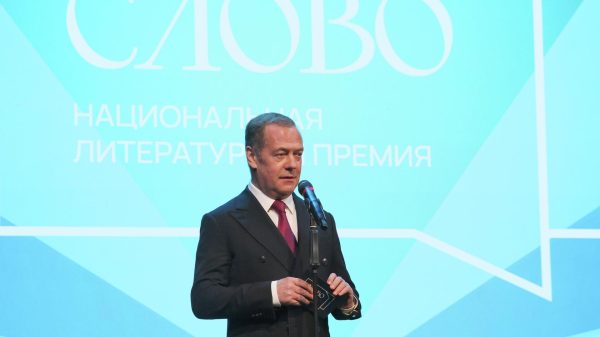
















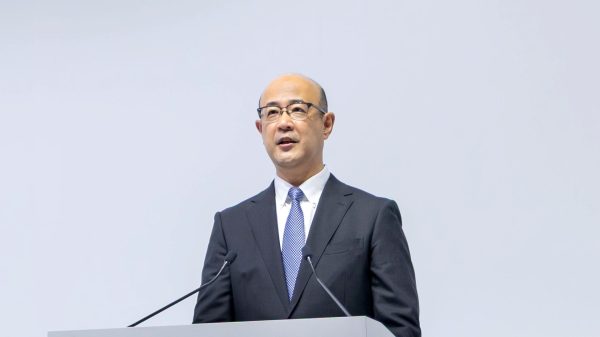



























Свежие комментарии